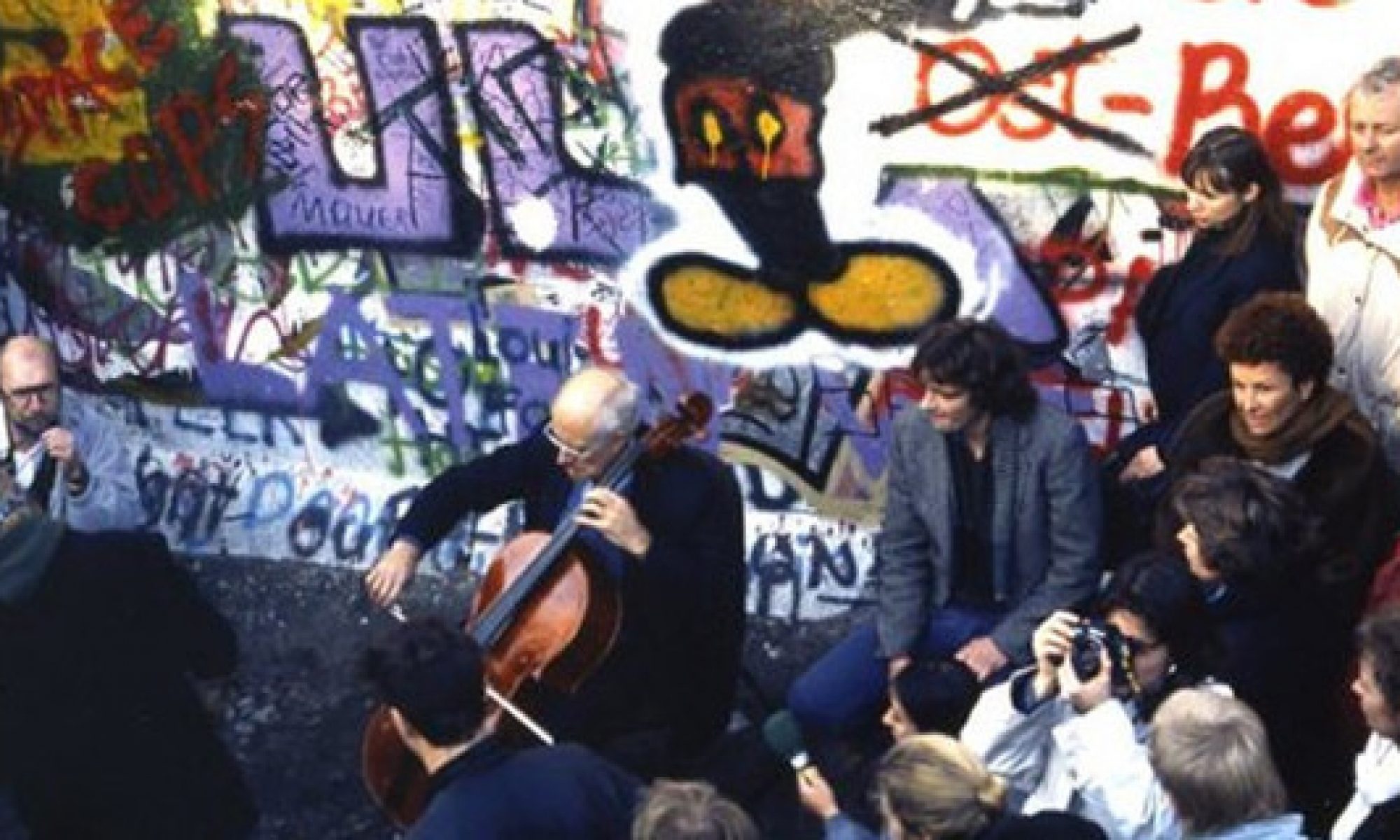The Apartheid was a political ideology that was backed by the National Party in South Africa. Though the original idea was for it to be a way for races to develop separately in an equal manner, in its implementation it can be more appropriately described as a hierarchy structure where races were grossly unequal. At a time where the rest of the world was starting to desegregate these laws appeared regressive to many other countries internationally, and a lot of backlash and controversy surround the Apartheid. During the 1980s around the same period as when Graceland was released some “reform” was happening to the laws in South Africa, but little actually changed. Also, this time period became the most brutal under the Apartheid because the government wanted to keep their power and ideology. Although Paul Simon found a connection to African inspired music, the influence of the Apartheid in South Africa is not directly referenced in the album Graceland that he wrote. Simon himself states in the article “Paul Simon’s Graceland, South Africa, and the Mediation of Musical Meaning” that he didn’t necessarily seek out the role of humanitarian trying to unite the races in South Africa. Louise Meintjes argues in the article that the power of his collaboration with African artists is impactful enough in combating social normatives that keep interracial and international collaboration from happening in music. However, my critique of this is that artists should have a certain level of responsibility to use their notoriety for social change whenever possible. In class, we discussed what level of responsibility artist should be required to have, if any, when we talked about Coldplay and the Clash. I personally think that Paul Simon could have done more to combat the social climate at the time, and the ambiguity of the album left something to be desired in my opinion. While I understand the limitations of the time, as mentioned by Meintjes, I still feel like the music isn’t inherently political to me. While listening to the music on the album I did hear subtle African influences in the sound. But, I wonder if anyone else in the class felt like the influence wasn’t as impactful as it could have been.
“A History of Apartheid in South Africa.” South African History Online. Accessed November 14, 2019. https://www.sahistory.org.za/article/history-apartheid-south-africa.
Meintjes, Louise. “Paul Simon’s Graceland, South Africa, and the Mediation of Musical Meaning.” Ethnomusicology 34, no. 1 (1990): 37-73. doi:10.2307/852356.


I agree that Paul Simon didn’t use his influence to make the impact that he could have. I think that it is great that he was inspired by South African culture and music, but when something as terrible as apartheid is going on, there should have been some kind of acknowledgement towards it. Not only to bring awareness towards it to Americans, but also in order to make your stance clear on the matter so there is no ambiguity. I wonder since there was no direct reference to apartheid in this album, if this was something purposely done or if it was just plain ignorance.
Is anyone else thinking that Simon intentionally interacting with a UN boycotted state was a publicity stunt in someways? It is not like Simon did not know what he was doing, and the fact that he sort of tries to act like he made “music or musics sake” makes me think he is trying to make some money and bring more notoriety to his name. I think he need to chose a side, and not let their be room for interpretation. I am more forgiving of Bowie’s decision to lie to his fans than I am of someone not taking a side on the record ever.
I think Simon made a good effort to bridge different cultures. In my opinion his intentions were pure but the boiling emotions in South Africa lead to different interpretations of the album. Although he did have his name on the project and was profiting off of it, I don’t think it was just a cash-grab. I think if apartheid was on the forefront of this album it wouldn’t of been met with the success it did. Doing so would obviously get rid of the ambiguity but also would marginalize listeners. As an artist and musician, he wanted his work to be heard by as many people as possible, hence the world tour (which was also critiqued). Simon created an album in good spirits, but was critiqued on every angle. I think the criticism is a good thing – people hold different emotions, which influenced the way they interpreted the music.